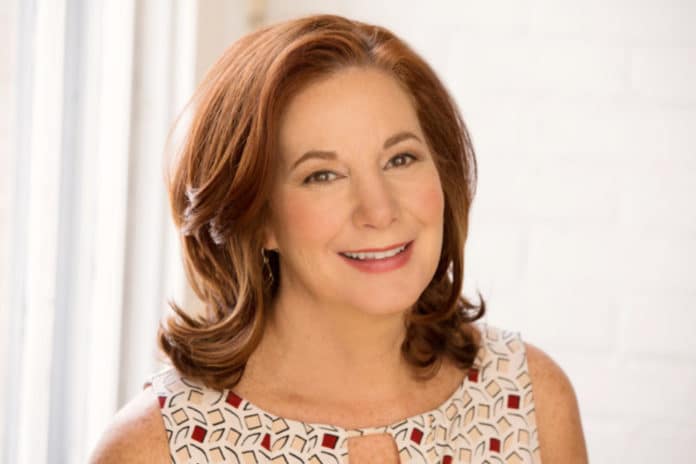I asked a friend whether he and his wife played pickleball. He laughed.
You mean the most popular and controversial sport around?
Yes, that’s the one.
With a paddle and a wiffle ball, you can travel to all sorts of places and find someone to play. You locate the courts, show up, and put your paddle in the queue.
Walla.
The sport draws people of all ages, sizes, shapes, colors, and athletic abilities, for it isn’t difficult to learn.
Unlike much of what is happening off the pickleball court, everyone plays by the same rules. The game begins, ends, and flows the same for all.
Someone inevitably steps up to take charge — organizing paddles, deciding how players will rotate in and out of games.
Yes, there are people who take it a bit too seriously, arguing whether a ball was in or out. But for the most part, people don’t care.
One might be a big shot off the court, but on the court she’s just another gal trying to make a dink shot without looking like a dink.
As a player recently explained, there are no VIPs in pickleball. Whether one was a formerly important person in another life is irrelevant in pickleball.
As in life, pickle-ballers must contend with elements outside our control: wind and sun in outdoor matches, basketball and tennis court lines on retrofitted courts. Those who adapt well play well.
But here’s the real beauty of the game.
Pickleball offers an opportunity to keep our muscles moving, to keep our brains sharp, and to re-engage in the art of social conversation.
The pickleball court is the new water cooler.
Inside, outside, from Minnesota to Florida, my husband and I have met all sorts of interesting folks.
In a recent match, I asked the others to identify the most difficult part of the game. They weren’t sure where I was going with the question until I answered it myself.
“The scoring.”
Points last just a few seconds. But inevitably, the server will pause on the next point to ask, “What’s the score?”
Why is it so difficult to track the score?
Because we are so intent on playing?
Because we’re boomers and our brains are slowing down?
No one knew for sure.
I recently spent a couple of hours pickle-balling with people from around the country and discovered a host of commonalities.
Kim and Tommy had both been widowed before finding each other; Ben and Nicki had also blended their blended families and lived a stone’s throw from my in-laws.
We talked about kids and grandkids and where to travel and where to eat. But we never talked about politics or policies that are dividing our country.
Pickleball helps us find the unity that feels like an empty promise.
Whether we’re playing a game or chatting on the sidelines, we aren’t defined by our gender, ethnicity, or political viewpoints. We are people who like to hit a plastic ball.
Pickleball is a throwback to a time when we didn’t live with our faces in our phones or worry about the trolls on social media.
Yes, the ball can be loud – and hence the controversy.
But I’ll argue all day long that the benefits outweigh the drawbacks.
What would life be like if everyone lived like we play pickleball?

















